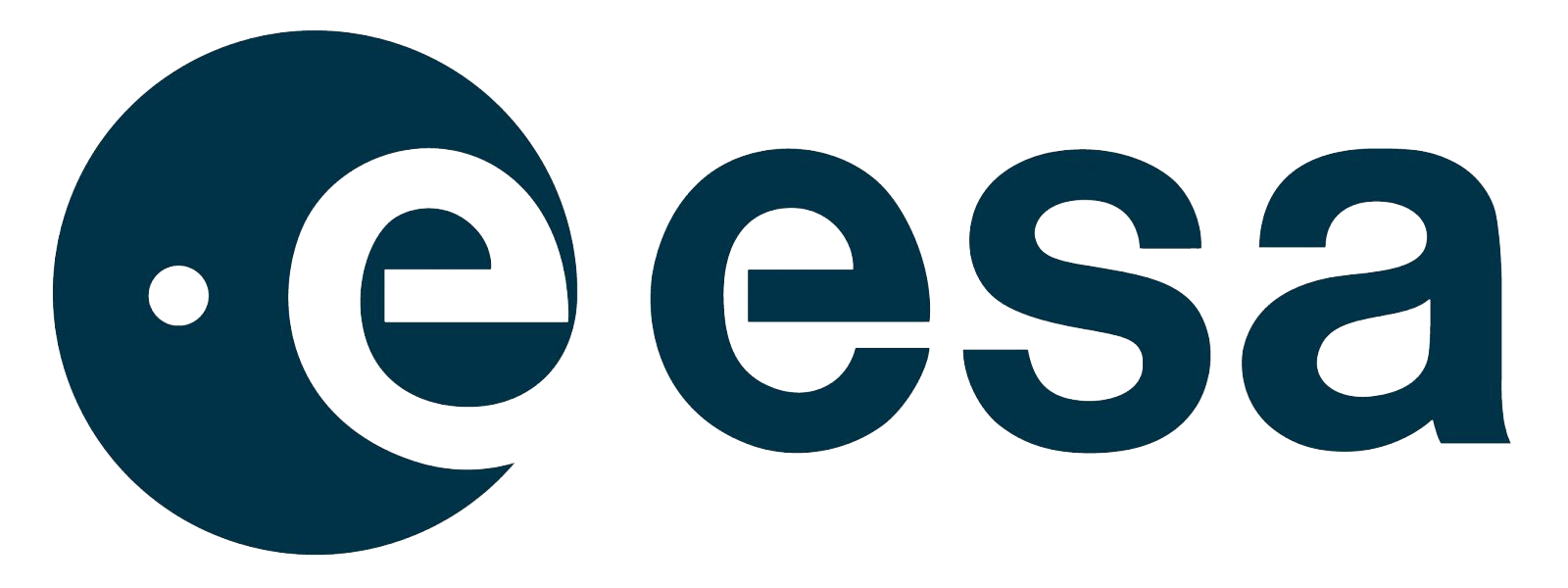You (RF) will be based in the Space Medicine Team (HRE-OM) at the European Astronaut Centre in Cologne, Germany. You will help the operational experts and space physiology experts to prepare, conduct and post-process (data analysis and publication) a number of studies investigating the effects of simulated hypogravity exposure on human biomechanics and physiology with a view to inform and optimize Lunar operations.
Astronauts exposed to microgravity (μg) experience physiological deconditioning, particularly in those systems sensitive to mechanical loading such as the cardiovascular, pulmonary, and musculoskeletal systems. In order to mitigate these effects, current International Space Station (ISS) crew members exercise every day for approximately 90 minutes. Current exercise devices used on the ISS are a cycle ergometer (CEVIS) and a treadmill (T2) for cardiovascular exercise as well as an advanced resistive exercise device (ARED) for strength training. Despite the extensive use of exercise countermeasures, some astronauts still return from 6 months ISS missions in low Earth orbit (LEO) exhibiting space deconditioning such as decreased calf muscle volume and power, bone mineral density and peak oxygen uptake.
On the ISS, medical operations and life scientists have focused upon understanding and addressing the physiological effects of μg. As a consequence the effect of acute and chronic hypogravity exposure (μg < partial gravity <1 g) as present on the Moon (0.16 g) or Mars (0.38 g), is largely unknown. Considering the paucity of hypogravity research, the ESA Space Medicine Team has initiated a series of studies entitled ‘MOvement in LOw Gravity environments – MoLo’ with the aim to investigate how low gravity (i.e. hypogravity) affects human biomechanics during locomotion and thus, to inform the need for, and definition of exercise countermeasures. You will be directly involved in a number of MoLo experiments to investigate the effects of hypogravity upon locomotion and movement. As such, you shall be involved in a hypogravity study in Milan (MoLo-Milano), Italy using a unique hyogravity simulation system, in a hypogravity ISS technical evaluation (MoLo-ISS) and in developing future studies using a verticalised treadmill facility (MoLo-VTF).
Moreover, you will be involved in planning and conducting hypogravity studies in ESA’s new lunar analogue facility in Cologne, helping to pave the way from LEO to successful planetary surface explorations in deep space, including the Artemis programme. You will also be responsible to strengthen the existing collaborations as part of the MoLo projects with academic partners of ESA member states (Germany: German Sport University, German Aerospace Center; UK: University of Bath, King’s College London; Italy: University of Milan) and to create new collaborations with European industry and/or academia when needed.
Interested candidates are highly encouraged to visit the following ESA websites:
- Human Biomechanics
- Muscle, bone and cardiovascular physiology
- Space Medicine
- Exercise Physiology
The closing date for applications is 01 November 2020.
In addition to your CV and your motivation letter, please add your proposal of no more than 5 pages outlining your proposed research in the "additional documents" field of the "application information" section.
If you require support with your application due to a disability, please email .
--------------------------------------------------------------------------------------------------------------------------------------------------
Please note that applications are only considered from nationals of one of the following States: Austria, Belgium, the Czech Republic, Denmark, Estonia, Finland, France, Germany, Greece, Hungary, Ireland, Italy, Luxembourg, the Netherlands, Norway, Poland, Portugal, Romania, Spain, Sweden, Switzerland, and the United Kingdom. Nationals from Latvia and Slovenia, as Associate Member States, or Canada as a Cooperating State, can apply as well as those from Bulgaria, Cyprus, Lithuania and Slovakia as European Cooperating States (ECS).
Priority will first be given to candidates from under-represented Member States.
In accordance with the European Space Agency’s security procedures and as part of the selection process, successful candidates will be required to undergo basic screening before appointment
You should have recently completed, or be close to completion of a PhD in a related technical or scientific discipline. Preference will be given to applications submitted by candidates within five years of receiving their PhD. In particular for this position, the following is required:
PhD in Human Biomechanics, Exercise Physiology, Medicine or Physiology.
- Fluent in English – written and spoken
- Experience in biomedical data processing and analysis
- Experience in biomedical statistics
- Experience in science writing and publishing
- Additional assets:
- Experience using Matlab, Python and R
- Extensive biomechanical and/or cardiovascular lab skills (i.e. processing and analysis of kinetic and kinematic data and cardiovascular signals)
Other information
For behavioural competencies expected from ESA staff in general, please refer to the ESA Competency Framework.
The Agency may require applicants to undergo selection tests.



